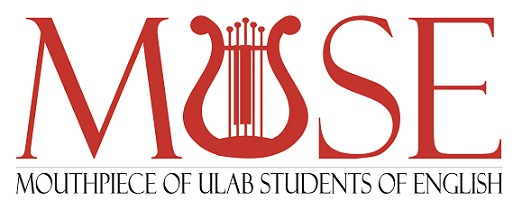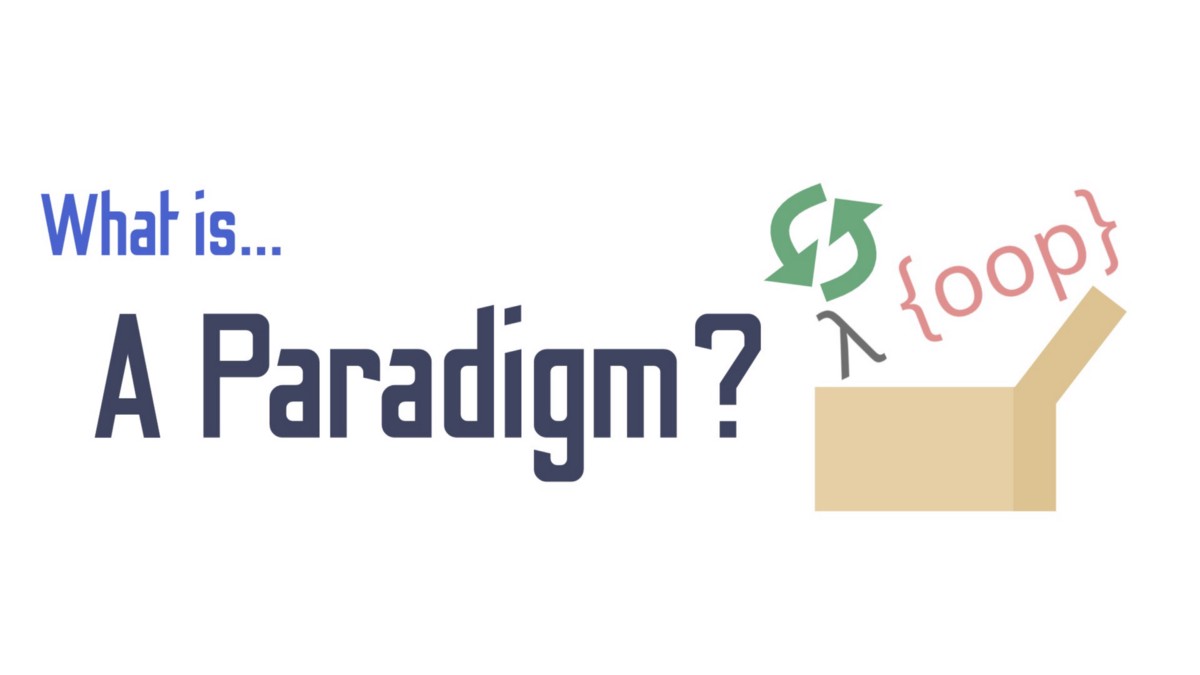Md. Masayal Islam
The set of word forms that belong to a lexeme is often called a paradigm. Some linguistics say that- “A paradigm is a set of related forms having the same stem but different affixes”(Banjar, Scribd). There are two types of paradigm: inflectional paradigm and derivational paradigm. In this article, I will try to view the inflectional and derivational processes as paradigmatic. This means I will try to prove how there are several well-defined form-function pairs associated with a core word.
The morphological process talks about analyzing words. It has two types of mechanisms: word-form-formation where we’ve just played with the word same category and word-formation where we have a new category. Sometimes it is called inflection. In word-form-formation, a word gets inflected by a set of grammatical particles that are called the inflectional paradigm. It can also be suffixes or it can also be prefixed. (-s, es, -ing, ed, etc.) These are some inflectional paradigms. These suffixes are called inflectional suffixes. So, we can say that “an inflectional paradigm is a set of related words consisting of the same stem to which different inflectional suffixes have been added”. The inflectional paradigms are also divided into three parts: these are noun, verb, and adjective paradigm. In Latin nouns, it can be expressed into ten different word-forms based on numbers (singular, plural) and case (nominative, accusative, etc). For example- the paradigm of the Latin word ‘amicus’ (friend) is a singular plural nominative ‘amicus amici,’ of which accusative paradigm would be ‘amicum amicos’ (etc).
On the other hand, the derivation is often changing the core part of the speech of a word: “A derivational paradigm is a set of related words which have the same root but different stem.” These are made up of sets of endings that may be attached to bases shifting their lexical meaning of part of speech. Sometimes both can be shifted. Some examples of derivational paradigm in English-
Man, manly, manhood, manful, etc.
Head, ahead, behead, header, header.
An English verb may have many forms in the derivational paradigm e.g. take to taker, takeable. A completely changed paradigm, on the other hand, is called suppletion. Suppletion is an allomorphy that is produced by retrieving from the lexicon different phonological forms of the morpheme. For example, the verb ‘be’- am, are, is, was, being, and many more. The entire stem has been replaced by a wholly different stem.
In morphology, a paradigm is a kind of pattern which helps to identify a word. Unlike inflectional paradigm which produces grammatical particles of the same lexical item, derivational paradigm is a key process that created a new lexical meaning.

